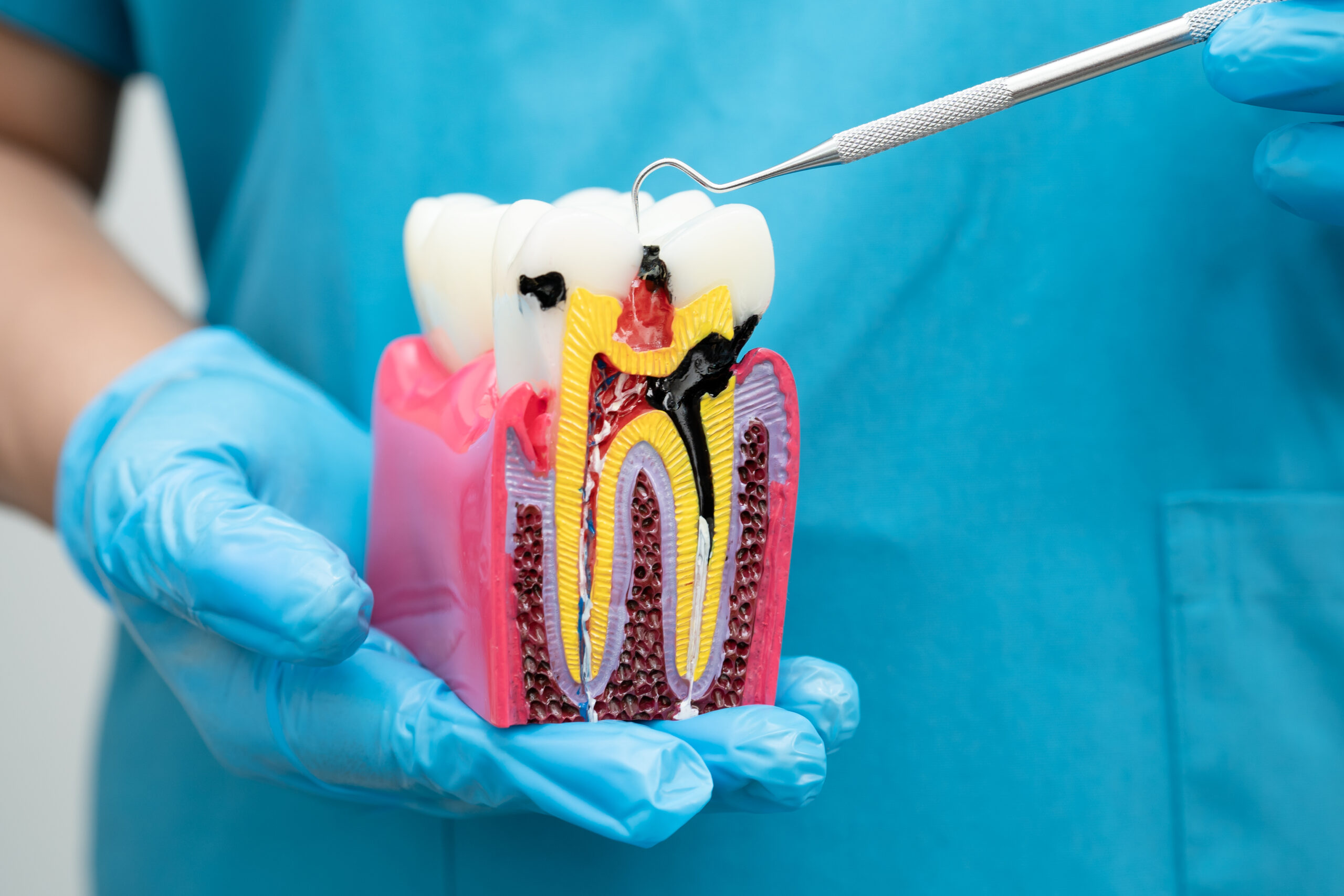Does The Tooth Pain Increase Days After Root Canal Treatment?

Root canal treatment is often the last resort for saving a damaged tooth. It’s a procedure that involves removing infected or damaged pulp from the inside of a tooth, cleaning and disinfecting the area, and then filling and sealing it. While root canals are generally successful in alleviating pain and saving teeth, some patients may experience increased discomfort in the days following the procedure. So, does the tooth pain actually increase days after root canal treatment? Let’s explore this question in more detail.
Understanding the Need for a Root Canal
First, it’s important to understand why a root canal might be necessary. The most common reasons include severe tooth decay, a cracked or chipped tooth, or repeated dental procedures on the same tooth. In these cases, the pulp inside the tooth becomes infected or damaged, leading to pain, swelling, and potentially serious complications.
During a root canal procedure, the dentist or endodontist (a dentist specializing in root canal treatment) removes the infected or damaged pulp, cleans and shapes the root canals, and then fills and seals the space. This process effectively removes the source of the pain and infection, allowing the tooth to heal.
After the procedure, it’s normal to experience some discomfort or sensitivity, especially in the first few days. This is usually due to inflammation in the surrounding tissues and is often managed with over-the-counter pain medications such as ibuprofen. However, in some cases, the pain may seem to increase in the days following the root canal.
Common Reasons for Root Canal Treatment
There are several reasons why this might happen:
- Persistent Infection: In some cases, the root canal procedure may not completely remove all of the infected tissue. This can lead to a persistent infection that causes continued pain and swelling.
- Inflammation: The body’s natural response to injury or infection is inflammation, which can cause pain and swelling. While some inflammation is normal after a root canal, excessive inflammation can lead to increased discomfort.
- Trauma: The procedure itself can cause some trauma to the surrounding tissues, which can lead to increased pain and sensitivity as they heal.
- Adjunctive Procedures: In some cases, additional procedures such as placing a crown on the tooth may be necessary after the root canal. These procedures can cause additional discomfort as the tooth heals.
- Cracked Tooth: In rare cases, a tooth that has undergone a root canal may develop a crack, which can cause pain and may require additional treatment.
If you experience increasing pain or discomfort in the days following a root canal, it’s important to contact your dentist or endodontist. They can evaluate your symptoms and determine if any additional treatment is needed. In some cases, a course of antibiotics may be prescribed to help clear up any remaining infection.
Conclusion
In conclusion, while it’s normal to experience some discomfort after a root canal, the pain should gradually decrease as the tooth heals. If you experience increasing pain or swelling, it’s important to seek prompt dental care. With proper treatment, most patients can expect a successful outcome and relief from their tooth pain.




